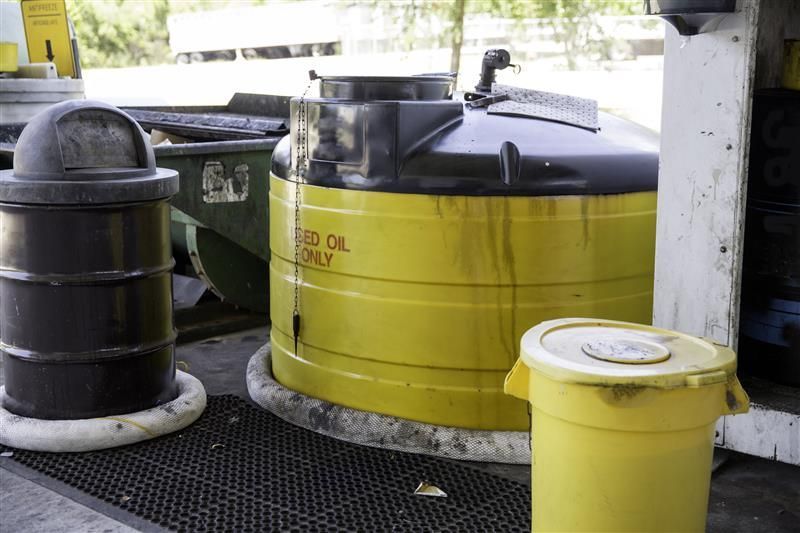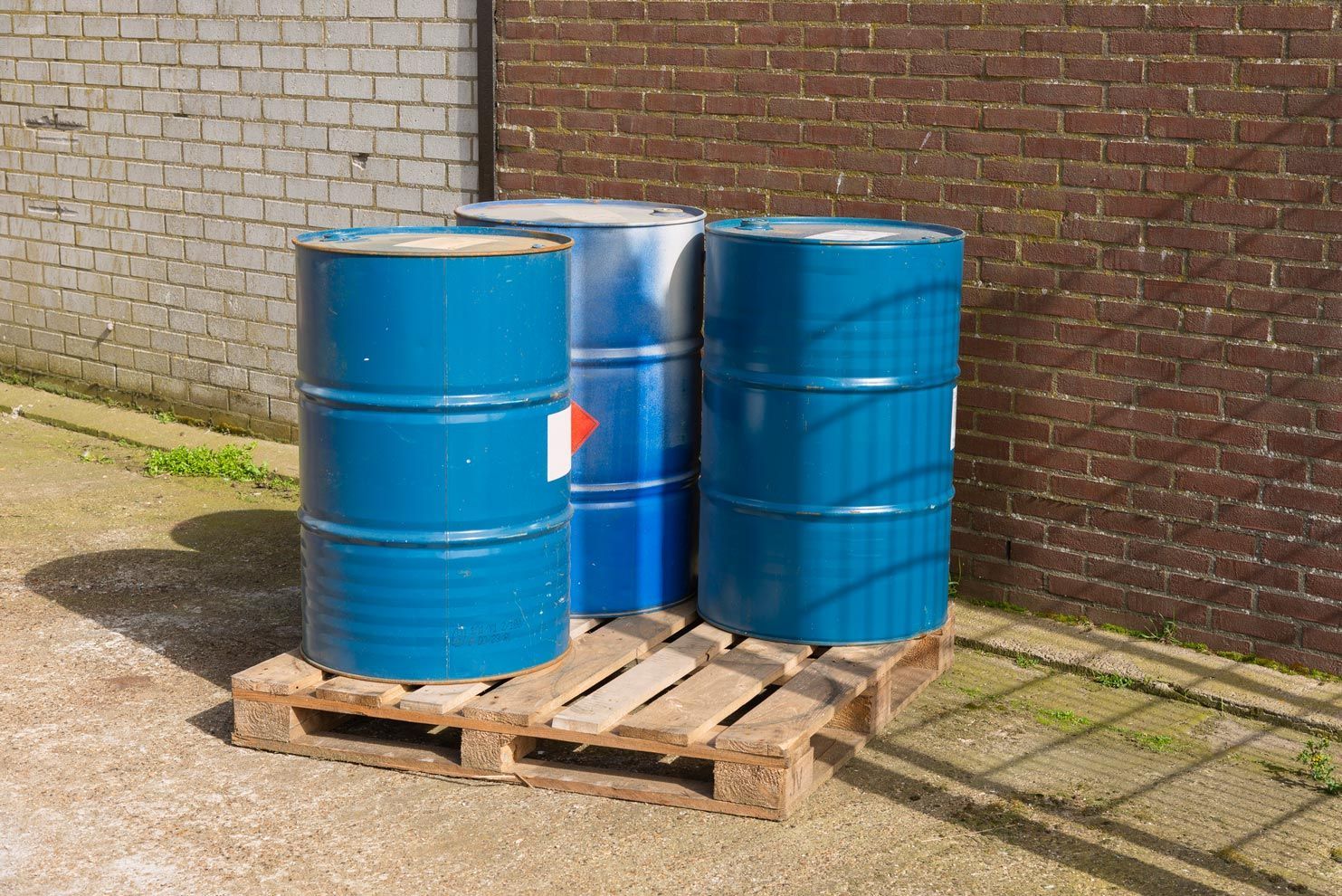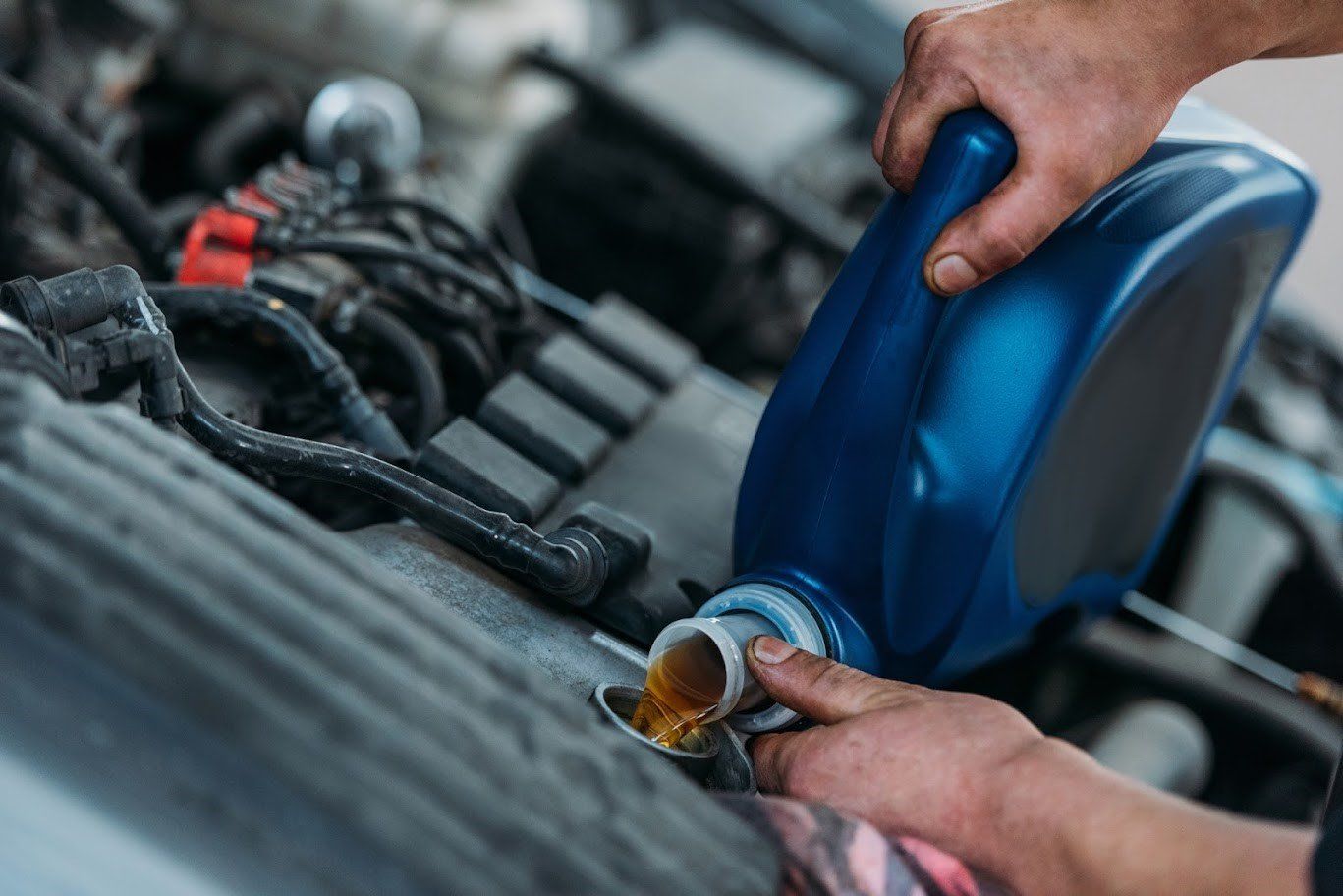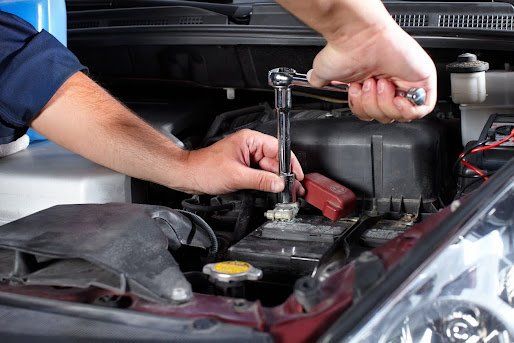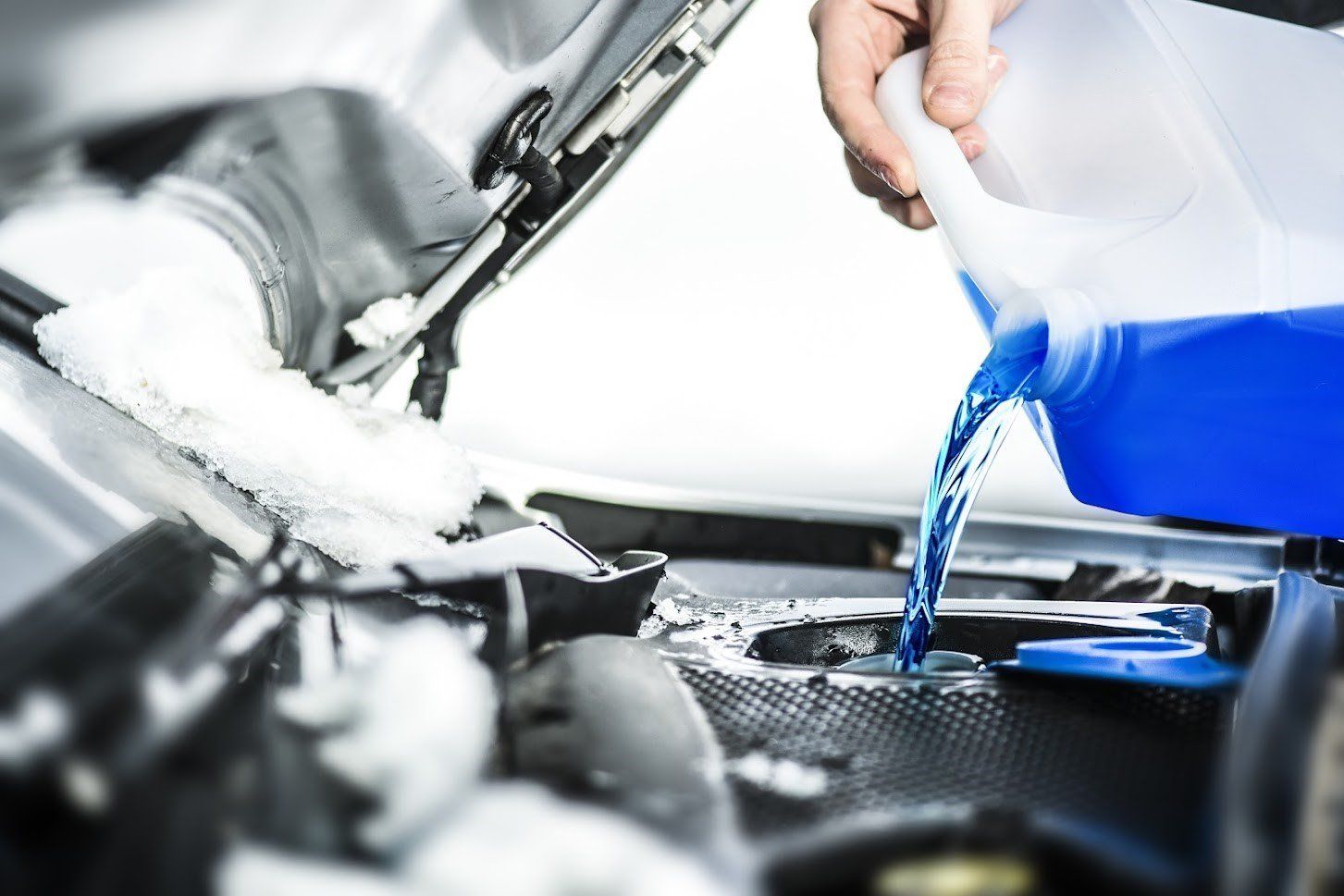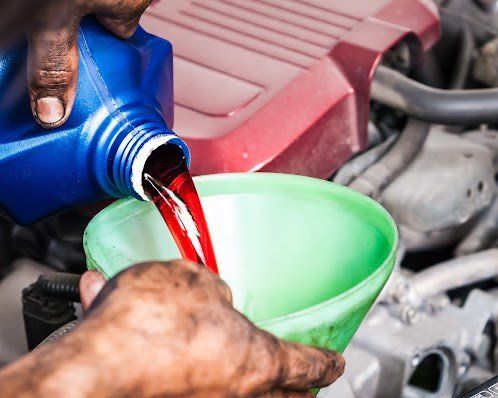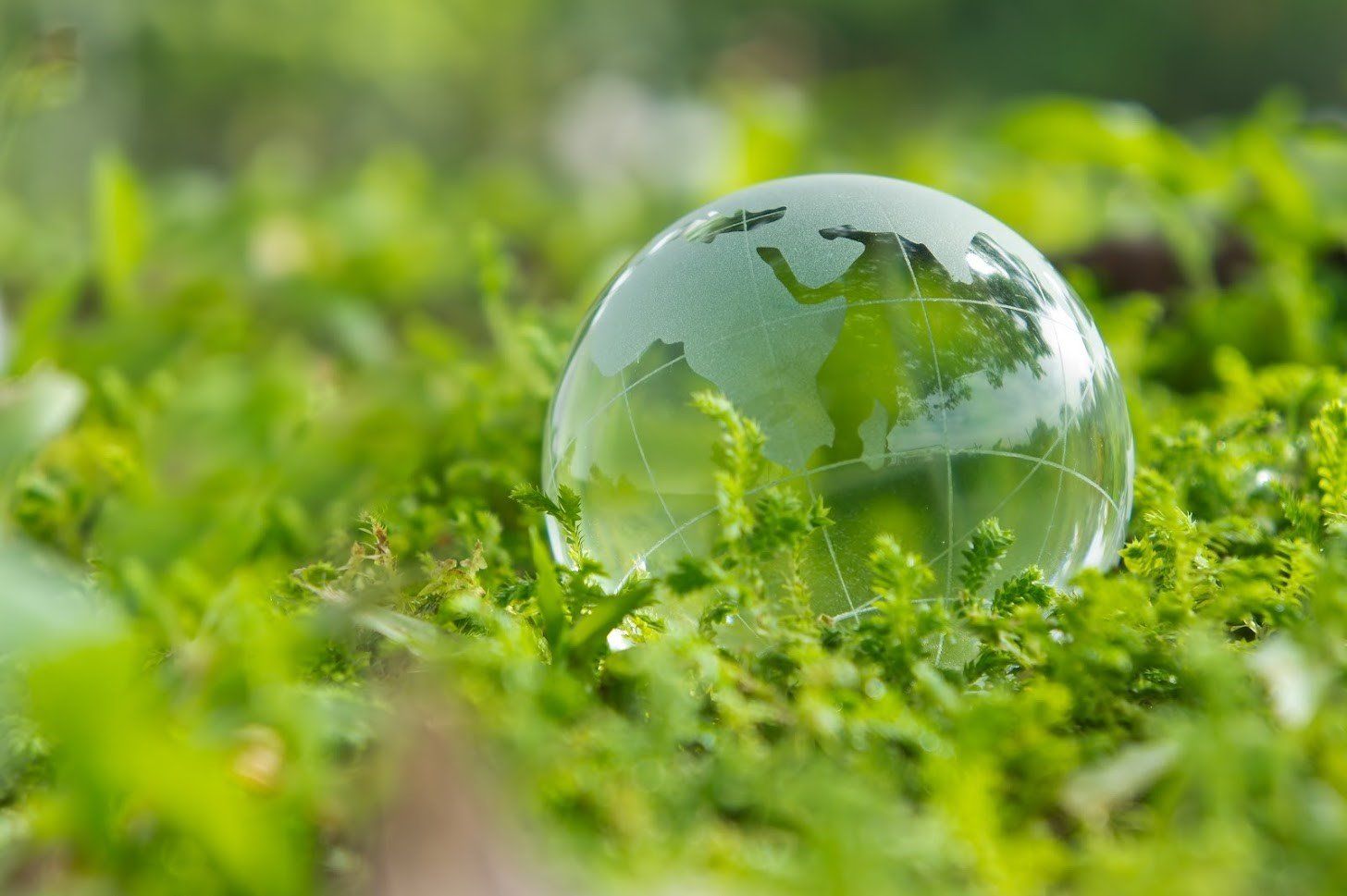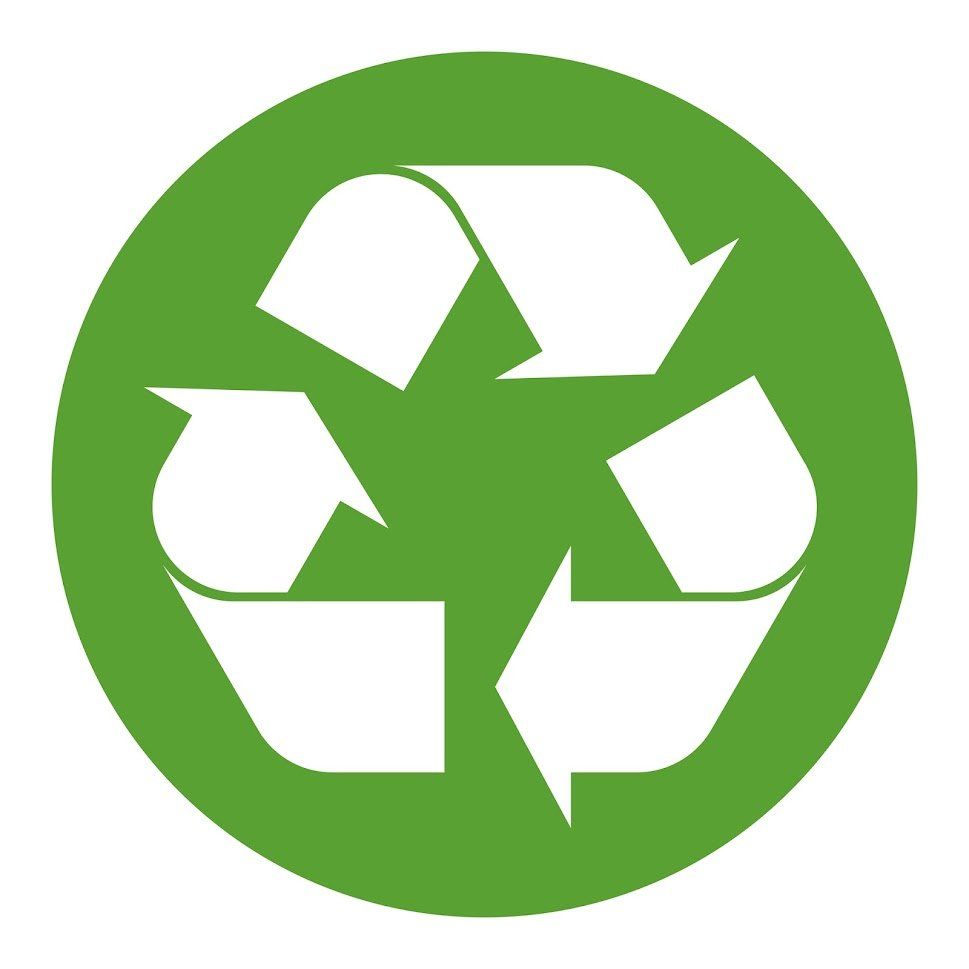5 Stages in Oil Recycling
February 11, 2021
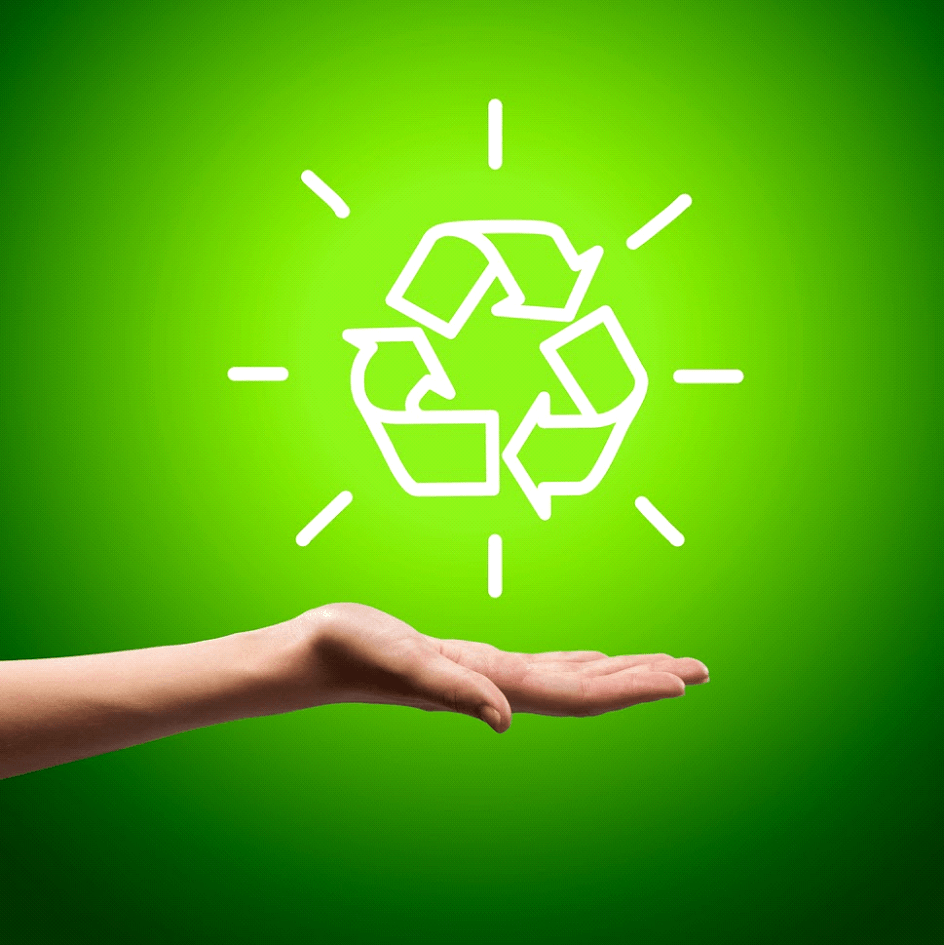
Poor management of used oil is an often-overlooked threat to the environment. A gallon of used oil from an oil change can ruin a million gallons of fresh water
and put the lives of millions of people at risk. Used oil recycling is one of the most effective solutions to this environmental threat.
The environmentally friendly management of used oil protects ecosystems and has multiple economic benefits such as supply of energy and lubrication. Discover some techniques involved in the process of used oil recycling.
1. Dewatering
After collecting used oil, the material goes through several pre-treatment stages. Recycling companies use dewatering as the first stage to separate water and oil.
The used oil goes into large specialized tanks where the collected oil settles in a process that leverages gravitational force. Free water settles to the bottom, and pipes drain it away. To speed up this process, the recycler heats the used oil tank while the water goes through an evaporation process.
Wastewater from the large tanks undergoes treatment before it's released as an added safeguard to protect the environment.
2. Demulsification
For oil emulsions, bound water requires more specialized separation through a demulsifier. Emulsions are extremely stable because crude oil contains resins, and this creates a strong bond.
The process breaks the bond between the water and oil for dewatering to start. In the demulsifier tank, special chemicals (emulsion breakers) neutralize the effect of emulsifying chemicals. The destabilization of the emulsifying film around water droplets aids in separating oil and water.
After this separation, the dewatering process can take place in specialized tanks where water drains away.
3. Filtration and Demineralization
After dewatering, the used oil is now in a separate collection tank, but it still contains impurities. Removing inorganic materials and additives from the manufacturing process is the next stage in the oil recycling process.
At this stage, recycled oil goes a separation phase aided by heating, Sulfuric acid, and a reagent. As the heating continues, the operators stir the used oil and later leave it to stand. The unwanted materials accumulate on the tank's lower section, where a pipe drains the contaminated solution away.
To remove any fine particles in the demineralized oil, filtration is the final step at this stage. The purified oil is now ready to store and for different applications such as burner fuel.
4. De-Asphalting With Propane
Production of lubricants involves a process to remove asphalt from the pre-treated oil. Propane gas is the solvent for this process.
5. Fractionation
The purified oil has different components separated through a heating process at this purification stage. Different products have unique boiling ranges, and this quality helps in the separation.
At high boiling ranges, the fractionation process produces heavy lubricating oils. At lower boiling ranges, this oil recycling step produces gases and gasoline. The distillation stage helps to refine recycled oil and turn this into virgin base oil for different applications.
Proper management of used oil is beneficial to the environment, helps develop new products, and also provides a new source of energy. If allowed into the environment, the used oil can contaminate sources of natural drinking water. Whenever you change oil from your car or any equipment, make sure you collect and deliver it to a recycling facility for proper treatment.
If you need any help with managing used oil in the Denver Metro Area, we're glad to be of help. Denver Oil is one of the leading oil recycling experts in Denver, CO, and we serve clients in different industries throughout the region by leveraging innovative oil recycling solutions. Contact us
today for all your used oil recycling needs.

